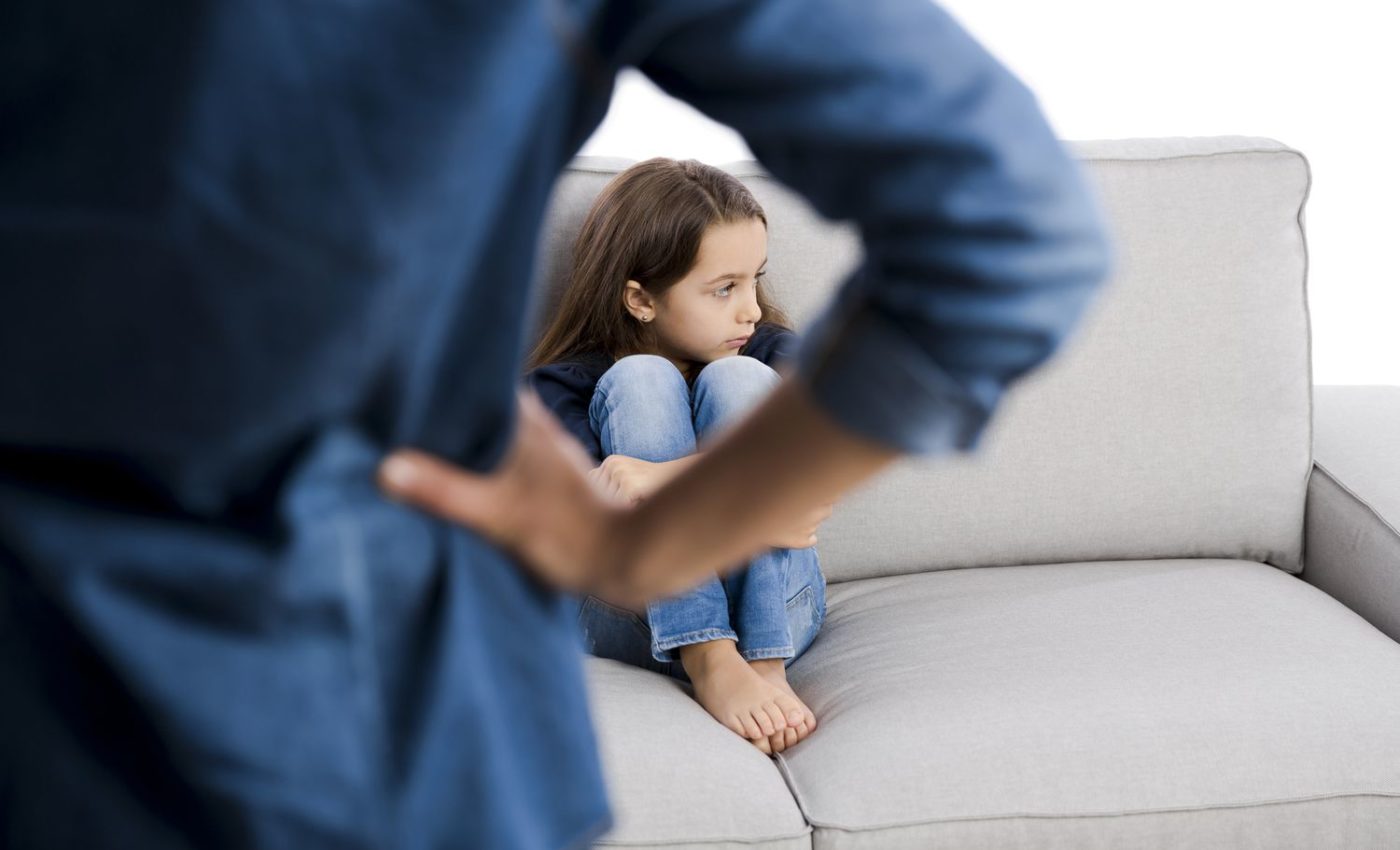Child abuse may destroy a child’s beliefs, self-esteem, growth, and functioning capacity. Abuse is frequently repeated and of several types, resulting in lasting consequences to a child’s mental and physical health. If you suspect that a loved one has been a victim of child abuse, contact a child abuse attorney in Ontario, CA, immediately.
Child abuse is any deliberate damage or mistreatment of a kid under 18. Child abuse manifests itself in various ways, which frequently occur concurrently.
Physical abuse
Physical child abuse happens when another person intentionally hurts or puts a kid in danger.
Sexual abuse
Any sexual interaction with a kid is considered child sexual abuse. Sexual interaction, such as purposeful sexual touching, oral-genital contact, or intercourse, might be involved. Noncontact sexual abuse of a child can also include exposing a kid to sexual activity or pornography; witnessing or photographing a child sexually; sexual harassment of a child; or child prostitution, including sex trafficking.
Emotional abuse
Emotional child abuse is defined as causing harm to a kid’s self-esteem or emotional well-being. It involves verbal and emotional abuse, such as insulting or berating a kid regularly and isolating, neglecting, or rejecting a child.
Medical abuse
Medical child abuse occurs when someone provides misleading information about a kid’s ailment that needs medical treatment, placing the youngster in danger of harm and unnecessary medical care.
Neglect
Failure to give enough food, clothes, housing, clean living circumstances, affection, supervision, education, or dental or medical treatment is considered child neglect.
Child abuse is usually perpetrated by someone the kid knows and trusts, typically a parent or other family. If you suspect child abuse, report it to the appropriate authorities.
Signs and symptoms of child abuse
A traumatized child may feel guilty, befuddled, or humiliated. If the abuser is a parent, another family member, or a family acquaintance, the youngster may be scared to tell anybody about it. That is why it is critical to look for red flags such as:
- Absence or withdrawal from friends or customary activities
- Behavior changes, such as aggressiveness, rage, hostility, or hyperactivity, or changes in academic performance
- Depression, anxiety, or peculiar concerns, as well as a sudden lack of confidence
- Sleep issues and nightmares
- A clear absence of oversight or supervision
- Absences from school regularly
- Stubborn or rebellious behavior
- Suicide attempts or self-harm
Specific symptoms and indications differ depending on the type of abuse. Remember, warning signs are just that: Indicators. The existence of warning signs does not always imply that a kid is abused.








